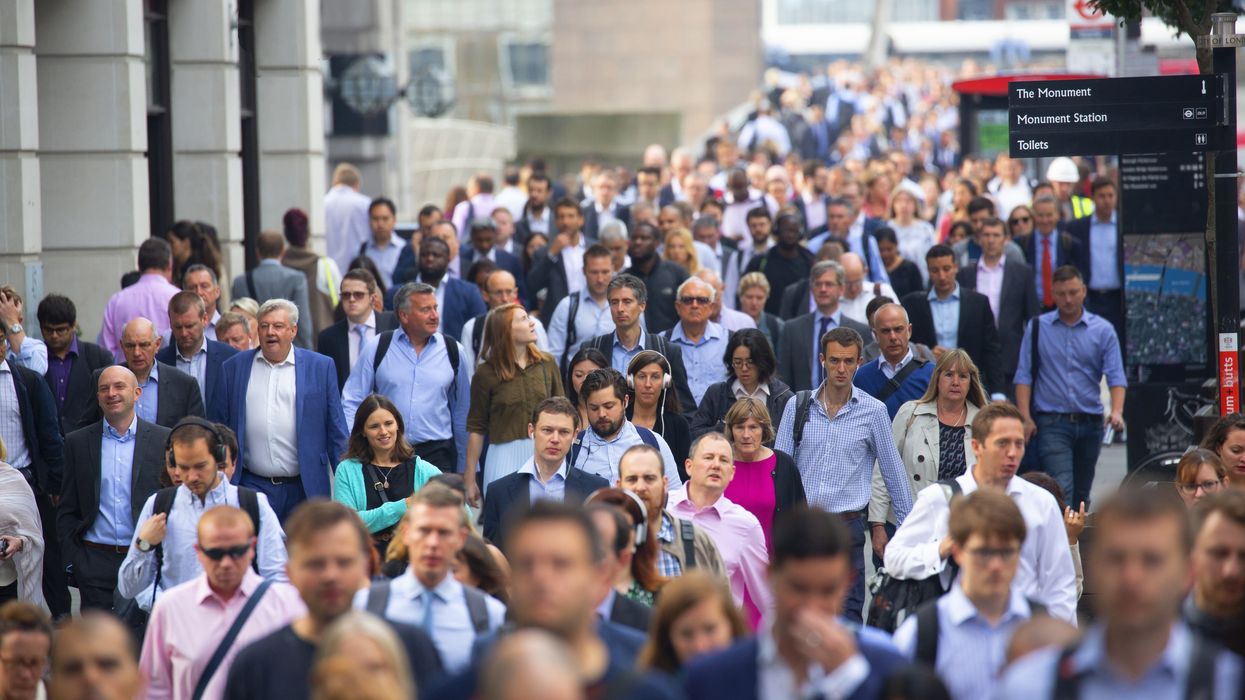PERCEPTIONS of divisions in the UK have reached their highest point since tracking began in 2020, with 84 per cent of the public now saying the country feels divided, a new study revealed last week.
The study, published last Friday (7) by the Policy Institute at King's College London and research firm Ipsos, showed the share of people who believe the nation is divided by "culture wars" jumped from 46 per cent in 2020 to 67 per cent now.
Most of the increase, based on a representative survey of 4,027 people aged 16 and over, took place since 2023.
Britons are becoming increasingly nostalgic for the past, the survey found, and those who were polled said they were uneasy about the pace of cultural change, with rising tensions over immigration.
Professor Bobby Duffy, director of the Policy Institute at King's College London, said, “We lived through an incredibly divisive period around the EU referendum and its aftermath. This has died down, with a steep fall in the tension that people see between leavers and remainers today.
“But, rather than leading to a sense of greater national connection, the division has morphed into party political and other splits, with attitudes to immigration and the speed of culture change more generally at the heart of them.”
Half the public said the culture in the UK is changing too fast, compared with 35 per cent five years ago.
Similarly, around half of those surveyed said they would like their country to be the way it used to be, up from 28 per cent in 2020.
This sentiment rose across every age group, with the share of 16- to 24-year-olds who feel this way virtually doubling from 16 per cent to 31 per cent over the past five years.
The share of the public who said they feel proud of their country has dipped below a majority, falling from 56 per cent to 46 per cent in the past five years. National pride is now lowest among 16- to 24-year-olds at 29 per cent and ethnic minorities at 38 per cent.
Nearly two in three people now believe that culture wars are a serious problem for British society and politics – up from around one in two in 2023 and fewer than half in 2020. The survey also found the number of people who feel strongly about the issue has doubled in the past two years.
Reform UK supporters appeared to be the most anxious about the country’s direction. A clear majority, close to six in ten, said the UK is very divided, compared with about one in three Conservative and Labour supporters who shared that view.
"Reform supporters stand out as particularly negative about the direction of the country and sense of division," said Professor Duffy.
Perceived tension between immigrants and people born in the UK rose sharply over the past two years, increasing from 74 per cent in 2023 to 86 per cent now.
Three-quarters of Reform supporters said there is a "great deal" of tension between immigrants and people born in the UK, twice the level of Labour, Liberal Democrat and Green supporters.
The proportion who said transgender rights have “gone too far” has more than doubled since 2020, from 17 per cent to 39 per cent, though overall there is still no public consensus on the issue. The shift has occurred across all age groups, including young people.
Around half (48 per cent) of the public now consider "woke" an insult, an increase from 42 per cent in 2023 and 24 per cent in 2020. However, a majority either do not consider themselves "woke" or "anti-woke" (43 per cent) or don't know what the terms mean (19 per cent).
Young men aged 16 to 29 are the only group to have seen a substantial increase in the share who identify as woke, from 17 per cent to 29 per cent.
Gideon Skinner, senior director of UK Politics at Ipsos, added: "Continued global and domestic disruption and fragmentation is reflected in our latest study, which illustrates how the narrative around culture wars is intensifying in the country."





